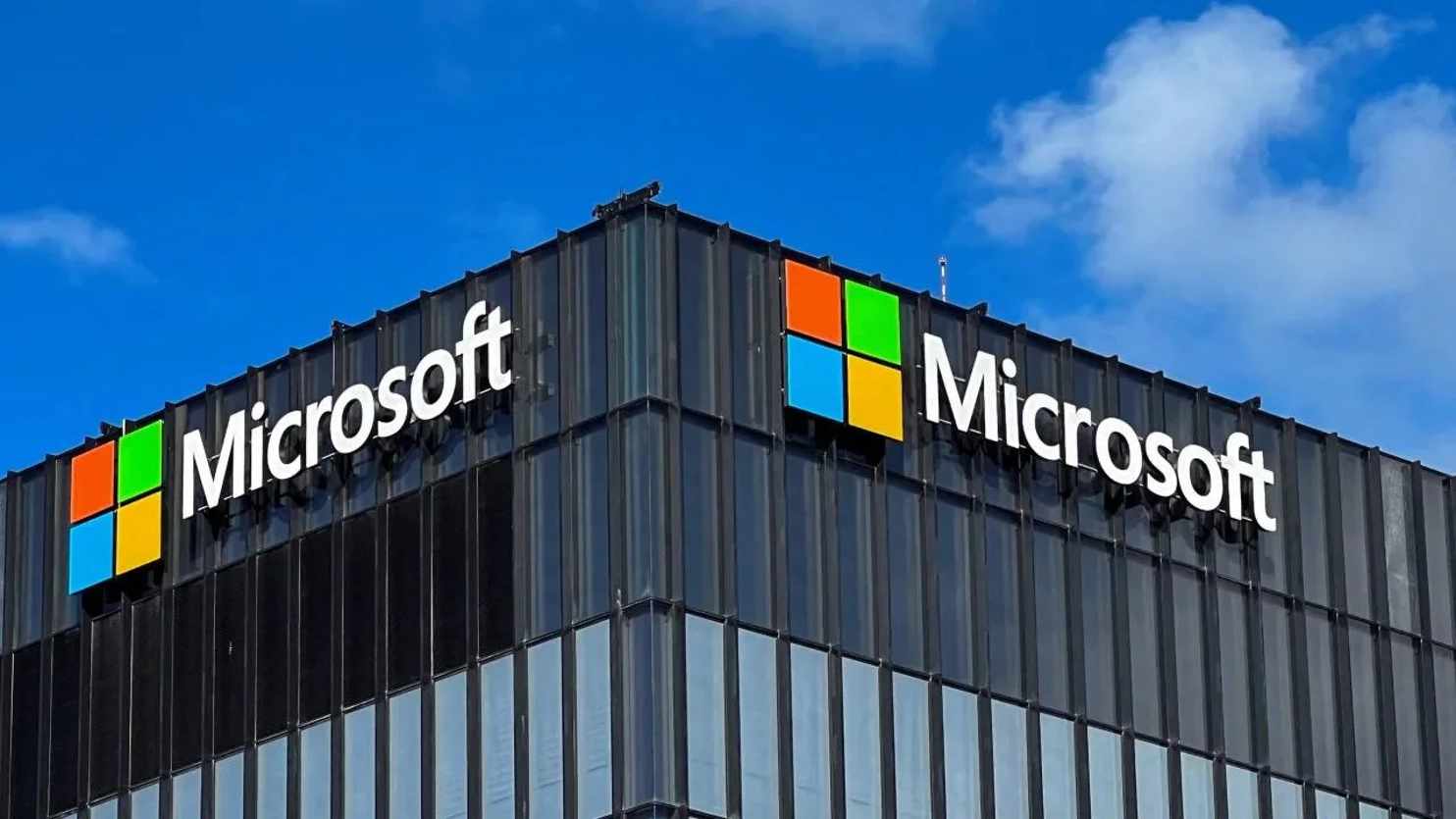Leading tech giant Microsoft, known for its robust security measures, has been dealing with a significant breach in its internal communications, highlighting the real challenges even the big players face in the cyber world.
The breach, which happened on January 12, was reportedly carried out by the Russian hacking group Midnight Blizzard (Nobelium), targeting the work email of a senior employee. The incident raises concerns about the security of Microsoft’s internal data and the potential exposure of sensitive company information.
The attackers used a technique called password spraying to infiltrate a small percentage of corporate email accounts, including those of senior leaders and employees in cybersecurity, legal, and other departments.
Although the breach was stopped on January 13, the hacking group managed to access and take away some emails and attached documents, mainly focusing on information related to the employees themselves.
Luckily, customer accounts and AI systems were not affected by the breach. However, this incident serves as a reminder of how even the most secure systems can be vulnerable to sophisticated cyber threats, especially when orchestrated by well-resourced nation-state threat actors like Nobelium.
Microsoft has acknowledged the cyberattack and is actively investigating and disrupting the malicious activity. The company is working closely with law enforcement to understand the motives behind the threat actors.
While specific details, including the full extent of the breach and the identity of the perpetrators, remain undisclosed, Microsoft is determined to take necessary measures to strengthen security and prevent similar incidents in the future.
Government officials and security experts from external sources have consistently highlighted issues with Microsoft’s service protections, specifically pointing out vulnerabilities related to weak authentication requirements, test accounts, and the ease of creating new accounts. The weaknesses were exploited in the recent attack on Microsoft.
The disclosure of these issues coincides with ongoing investigations by the Department of Homeland Security’s cyber safety review board and other entities.
Meanwhile, the investigations are focused on examining security lapses in Microsoft’s systems that enabled Chinese government hackers to gain unauthorised access to unclassified emails belonging to top U.S. diplomats.







